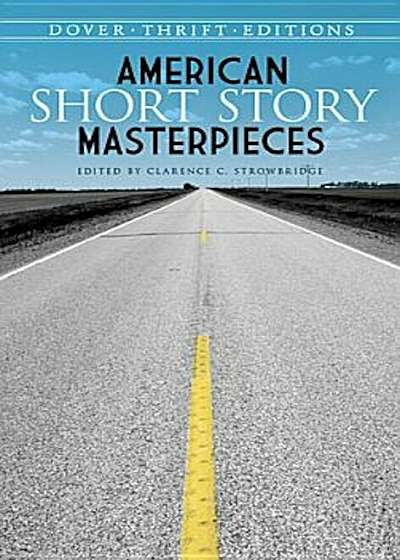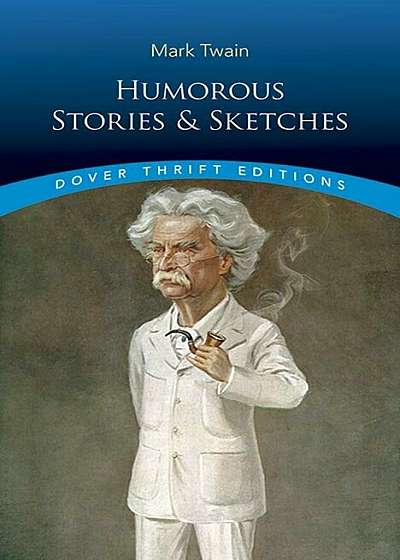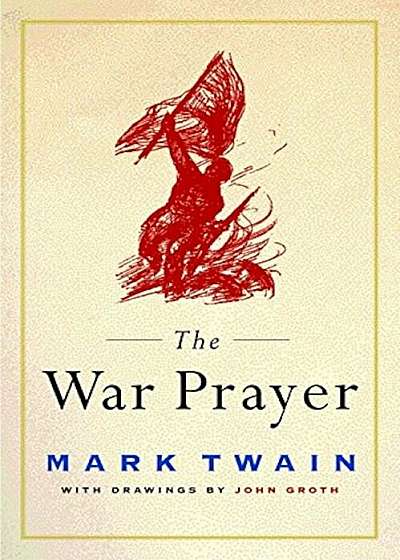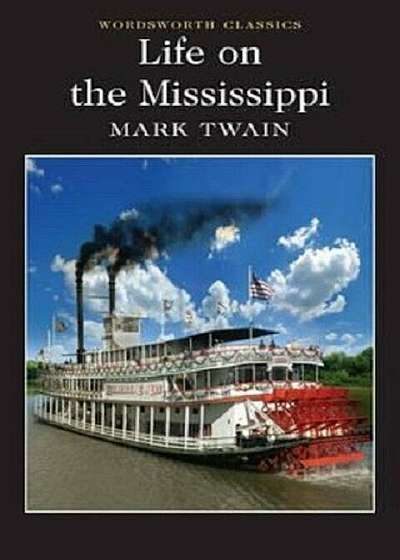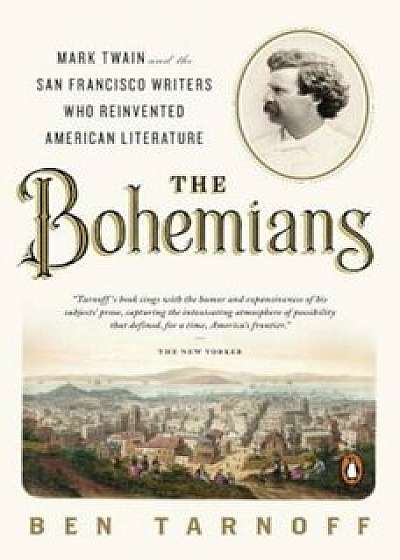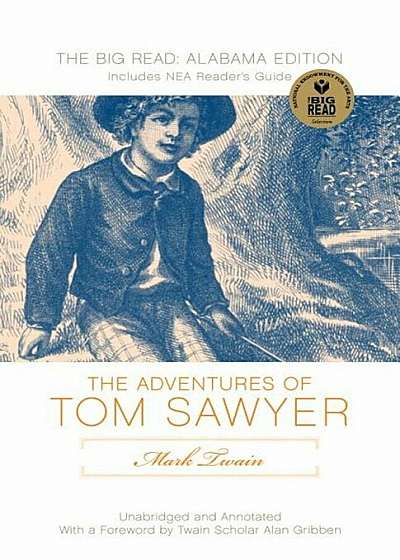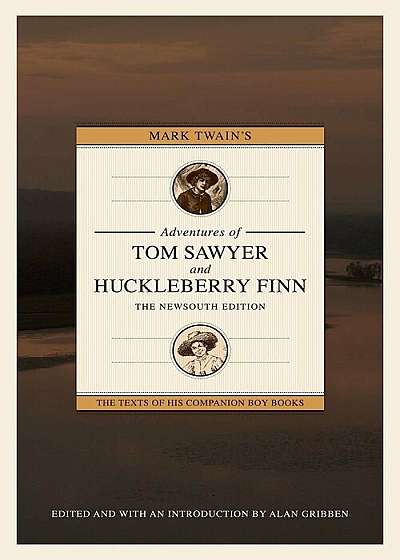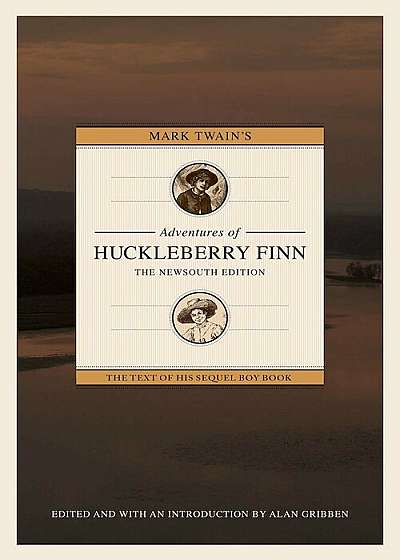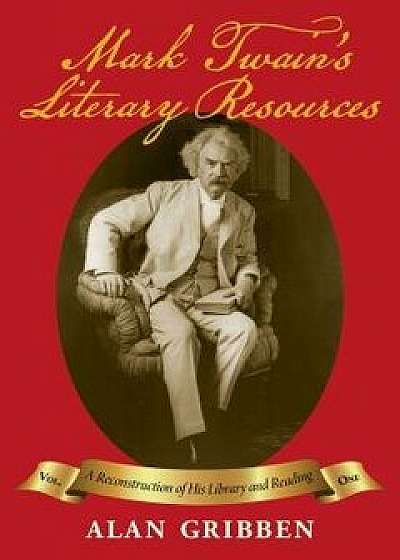
Mark Twain's Literary Resources: A Reconstruction of His Library and Reading, Hardcover/Alan Gribben
Descriere
Description This first installment of the new multi-volume Mark Twain's Literary Resources: A Reconstruction of His Library and Reading recounts Dr. Alan Gribben's fascinating 45-year search for surviving volumes from the large library assembled by Twain and his family. That collection of more than 3, 000 titles was dispersed through impromptu donations and abrupt public auctions, but over the years nearly a thousand volumes have been recovered. Gribben's research also encompasses many hundreds of other books, stories, essays, poems, songs, plays, operas, newspapers, and magazines with which Mark Twain was demonstrably familiar. Gribben published the original edition of Mark Twain's Library in 1980. Hailed by the eminent Twain scholar Louis J. Budd as "a superb job that will last for generations," the work nevertheless soon went out of print and for three decades has been a hard-to-find item on the rare book market. Meanwhile, over a distinguished career of writing, teaching, and research on Twain, Gribben continued to annotate, revise, and expand the content such that it has become his life's masterwork. Thoroughly revised, enlarged, and retitled, Mark Twain's Literary Resources: A Reconstruction of His Library and Reading now reappears, to greatly expand our comprehension of the incomparable author's reading tastes and influences. Volume I traces Twain's extensive use of public libraries. It identifies Twain's favorite works, but also reveals his strong dislikes--Chapter 10 is devoted to his "Library of Literary Hogwash," specimens of atrocious poetry and prose that he delighted in ridiculing. In describing Twain's habit of annotating his library books, Gribben reveals his methods of detecting forged autographs and marginal notes that have fooled booksellers, collectors, and libraries. The volume's 25 chapters trace from various perspectives the patterns of Twain's voracious reading and relate what he read to his own literary outpouring. A "Critical Bibliography" ev
